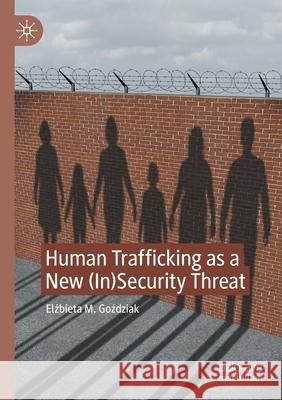Human Trafficking as a New (In)Security Threat » książka
topmenu
Human Trafficking as a New (In)Security Threat
ISBN-13: 9783030628758 / Angielski / Miękka / 2022 / 146 str.
Human Trafficking as a New (In)Security Threat
ISBN-13: 9783030628758 / Angielski / Miękka / 2022 / 146 str.
cena 402,53
(netto: 383,36 VAT: 5%)
Najniższa cena z 30 dni: 385,52
(netto: 383,36 VAT: 5%)
Najniższa cena z 30 dni: 385,52
Termin realizacji zamówienia:
ok. 16-18 dni roboczych.
ok. 16-18 dni roboczych.
Darmowa dostawa!
Kategorie BISAC:
Wydawca:
Palgrave MacMillan
Język:
Angielski
ISBN-13:
9783030628758
Rok wydania:
2022
Ilość stron:
146
Waga:
0.20 kg
Wymiary:
21.01 x 14.81 x 0.86
Oprawa:
Miękka
Wolumenów:
01
Dodatkowe informacje:
Wydanie ilustrowane











